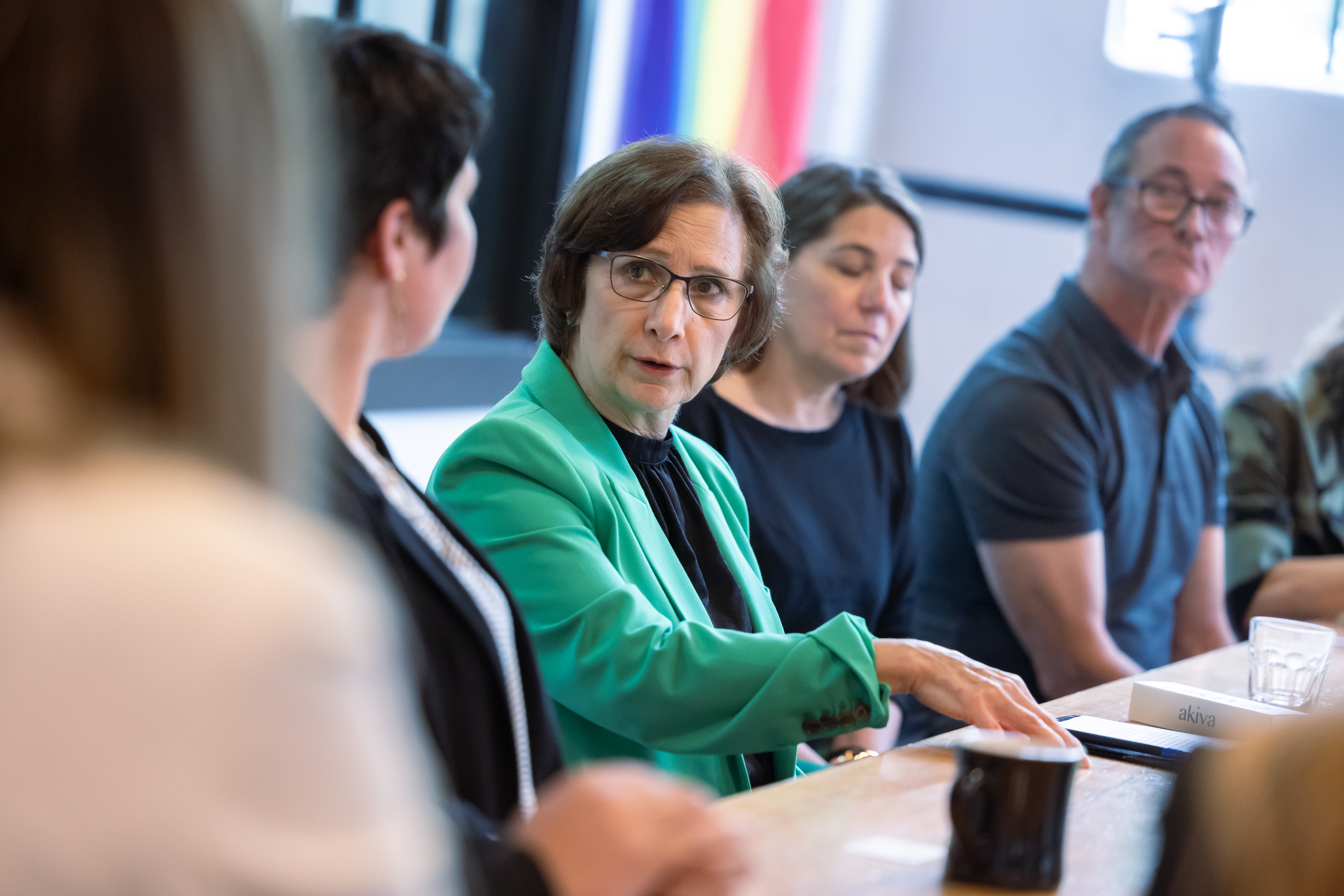VOC Recycling
Published 10:35 am Tuesday, February 4, 2020
The recycling center in Enterprise isn’t closed, but its function seems significantly diminished. We can still take our cardboard there. And plastic with sufficiently low numbers stamped into their bottoms. But much of what we have dutifully sorted and saved will now go to the landfill on Ant Flat Road.
But this step, necessitated by low values for metal and plastic and non-existent values for recycled glass, reflects two things: the plummeting market value of used plastic, empty cans, and discarded paper, and the obstinate persistence of plastics in packaging. It didn’t help that some recycle center users were careless about sorting things like the types of paper products or plastics into the proper bins. And reportedly, a few people sorted nothing at all and just left “stuff” in the cardboard bin or elsewhere.
We live in a nation whose economy and culture are driven by markets. Simply put, if Wallowa County cannot support its existing recycling program financially, things have to change so it can. That means losing services that the county, and we as taxpayers, can no longer afford.
We are not alone in this. Small communities nationwide face a recycling crisis. Take Franklin, NH for example (pop, 8601, with 20 % of residents living below the poverty line). The town offered curbside recycling in 2010, and could break even by selling the separated materials—plastic, metal, and paper/cardboard—for around $6 per ton. But in 2019, when China stopped purchasing plastics and mixed paper for recycling, the overall value of recyclables dropped, and instead of selling its waste, Franklin found themselves paying $125 per ton to recycle, or $68 to just incinerate everything. Guess which alternative they chose. This saga is repeated across the nation. Blaine Co., Idaho, which includes Hailey and Sun Valley, but also extends south and east almost to American Falls, could not find a market for the 35 bales of mixed paper it was accumulating, and finally took them to the landfill—where most of what used to be recyclable ends up today.
Compounding the market issue, there’s the continued pervasiveness of complicated “secure” and “protective” packaging that includes copious plastic and extra layers of paper. Visit any grocery store, and plastic packaging is everywhere. Want to purchase some healthy, good-for-you blueberries? Great! You’ll take them home in a flimsy plastic container that likely has a number too high to be recycled here—or, increasingly, anywhere. Nationally, the U.S. generated 262.4 million tons of metal, plastic and paper waste in 2015, up almost 5% from 2010, and 60% (sixty!) from from 1985. Of that 34.5 million tons was plastic—and that tonnage is growing by almost 4% each year. Today, only 4.4% of plastic is actually recycled in the U.S. In Oregon we have proudly rid ourselves of the heinous plastic grocery sack. But how many of us (be honest here…) used to reuse them for something else—perhaps a trash bag, perhaps a way to carry things to Soroptimist where they were put back to use hauling stuff home again. And how many of us are now purchasing MORE plastic bags to fulfill those same purposes?
Recycling is important, whether plastic, paper, or metal. Humans are perhaps the only organism on the planet that creates waste that does not naturally recycle back into an ecological system. Yes, Wallowa County has a recycling problem. But it is not ours alone. And like most things in life, the harsh reality is that we get what we pay for. Without China’s market, recycling is expensive. If we want to do it (and we should) we should let our county officials know we are willing to pay. And maybe we should live with less plastic and less stuff, too.
(Statistics from US EPA, Oregon DEQ, Atlantic Magazine (March 5, 2019) US Consumer Protection Agency, and Wikipedia.)








